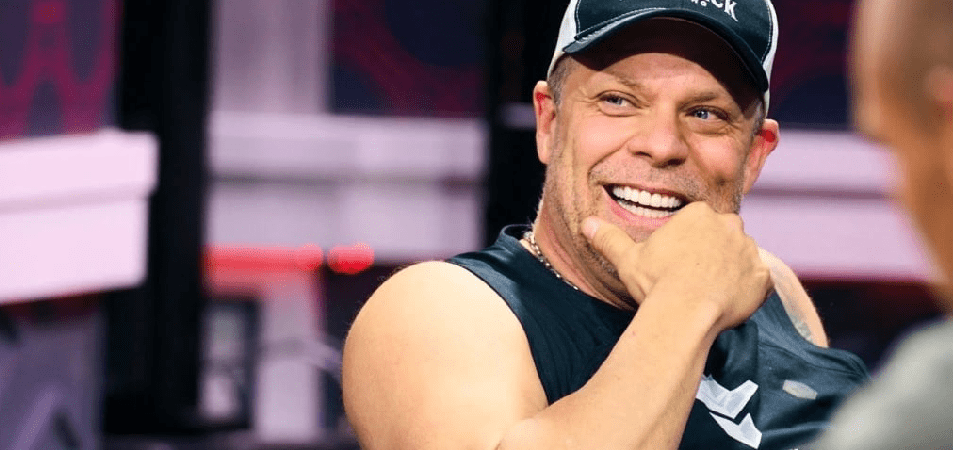

Maverick Gaming, a cardroom operator in Washington, challenged the state's tribal-exclusive sports betting model, but the U.S. Supreme Court decided not to hear the case.
Tribal gambling supporters celebrated Monday's ruling as a victory for tribal sovereignty across the country, not just for the tribes in Washington.
In 2023, Maverick sued the federal government and Washington, claiming that the state's sports betting regulations constituted an unlawful monopoly.
The business went on a buying rampage throughout Washington after the U.S. Supreme Court overturned the federal sports-betting ban in 2018, acquiring 19 card clubs in 2019 alone.
In 2020, the legislature approved a tribes-only arrangement, frustrating Maverick, who had been betting that politicians would eventually allow commercial sports betting statewide.
Rights of Sovereignty
When Maverick took the case to federal court and the Shoalwater Bay Tribe, which was not a defendant, stepped in to protect its gaming rights, the matter became into one of sovereign rights. Sovereign immunity, the tribe said, precluded the case from moving further without its participation.
After concluding that Maverick was essentially attempting to "invalidate tribal gaming compacts, an acknowledged legal entitlement," U.S. District Judge David Estudillo dismissed the case in February 2023.
“Maverick seeks nothing less than a wholesale revocation of the tribes’ ability to operate casino gaming facilities,” Estudillo wrote.
The judge also determined that although the Shoalwater Bay Tribe was an essential party to the action, its sovereign immunity precluded its inclusion in the litigation.
Ironically, Eric Persson, the CEO of Maverick and a skilled poker player, is a member of the Shoalwater Bay Tribe. He declared that he was ready to take the issue all the way to the Supreme Court. However, the Supreme Court had a different opinion. Its finding effectively ends the lawsuit by upholding the lower court's decision.
Bankruptcy by Maverick
It causes more suffering for Maverick, which declared Chapter 11 bankruptcy in July with assets and liabilities totaling between $100 million and $500 million.
“The difference in mission could not be clearer,” Rebecca George, Executive Director of the Washington Indian Gaming Association (WIGA), told Casino.org. “Tribal and state-regulated gaming revenues go to fund government programs – from healthcare and education to housing, infrastructure and environmental restoration. In contrast, private and speculative operations direct profits to individuals and out of state (or country) investors. These laws were written to make sure gaming serves the public good, not private greed.”
